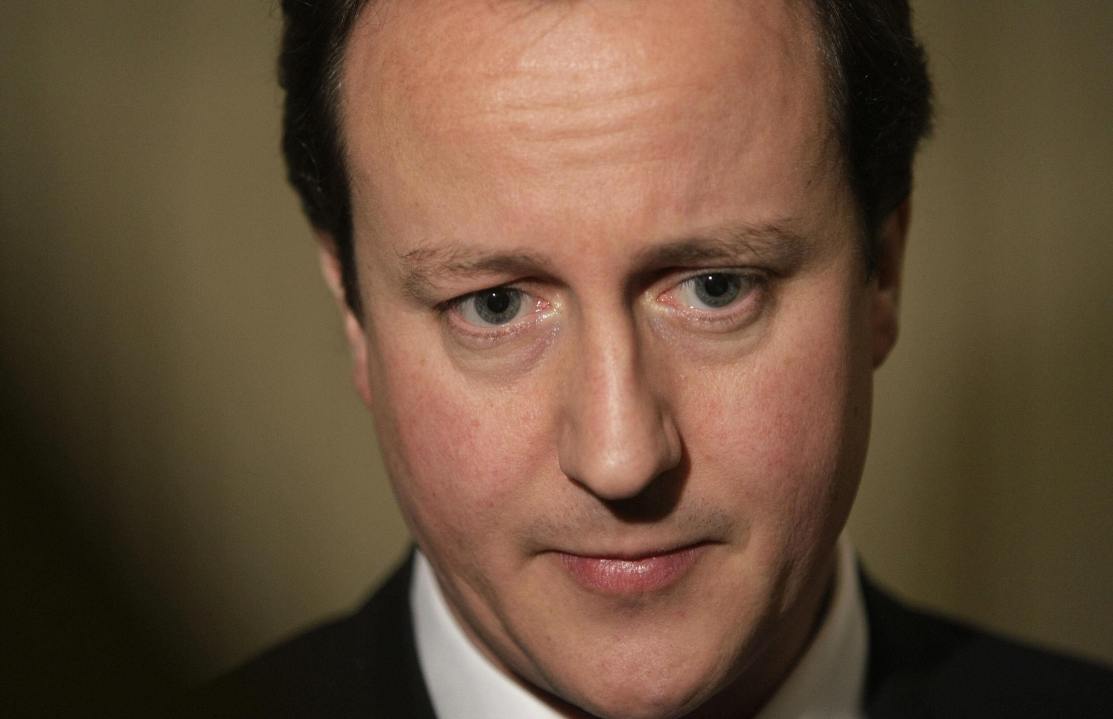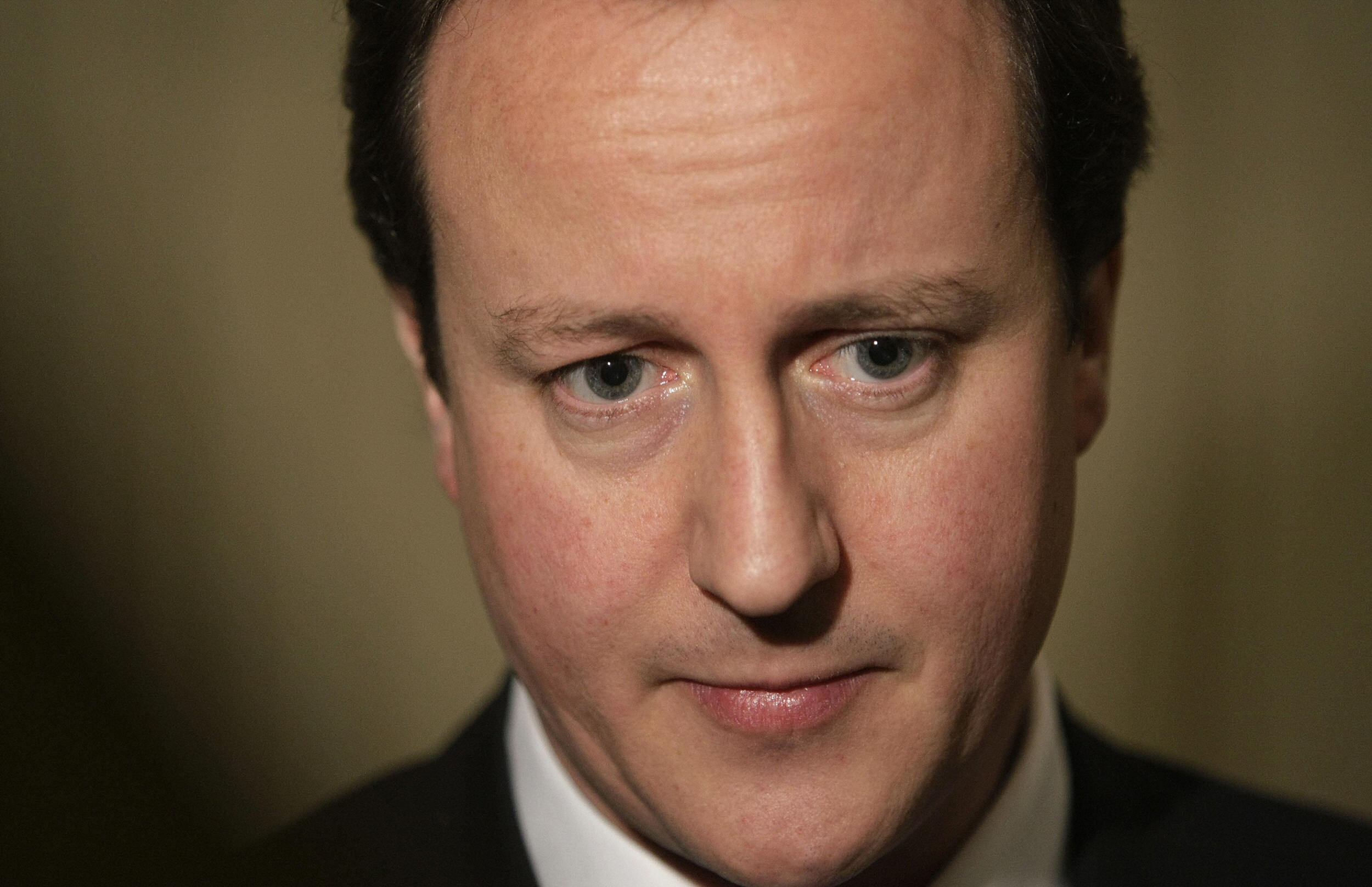 Danny Finkelstein has a must-read column today on the Tory tax row, which has already prompted response over at Conservativehome. Quite apart from his formidable intellect, Danny has something which most of those commenting on the pros and cons of tax cuts don’t, which is scars on his back. As a close adviser to William Hague when he was leader, he saw at first hand how this argument worked in practice rather than theory. He knows of what he speaks.
Danny Finkelstein has a must-read column today on the Tory tax row, which has already prompted response over at Conservativehome. Quite apart from his formidable intellect, Danny has something which most of those commenting on the pros and cons of tax cuts don’t, which is scars on his back. As a close adviser to William Hague when he was leader, he saw at first hand how this argument worked in practice rather than theory. He knows of what he speaks.
The least persuasive argument for the Tories to embrace radical tax cuts is that previous proposals have been timid or unclear. The fact is that Labour made sure that the public knew in 2001 and 2005 that the Opposition was proposing cuts and the electorate delivered its verdict unambiguously. More convincing is the claim that public opinion has shifted during the New Labour era: that voters are now less inclined to believe Labour’s scare stories about Tory spending cuts, and are angrier about tax rises.
True, I am sure. But it does not follow from this that the promise of sweeping tax cuts would endear David Cameron to the voters. Yes, the public is weary of tax increases; but – like it or not – it is also wedded to public spending, the unitary state and all the machinery of the postwar public services. Weaning the voters off this old system is the work of more than one press conference and a few angry articles. It requires a nuanced process of political education that will probably take a generation, shifting from the model of Beveridge, Bevan and Crosland to what the Cameroons call the “post-bureaucratic state.” What is more, the Tories are intrinsically distrusted when it comes to tax cuts: the voters look at them and question their motives. Why are these rich people trying to feather their nests by cutting taxes for themselves and their friends? Unfair, of course. But since when was politics fair? Perception of motive is incredibly important in modern politics; no less important, in fact, than policy itself.
As tiresome as it may sometimes be, the essence of modernisation always boils down to reassurance of one kind of another: and those who think that the core Cameroon project of reassuring the voters is complete really are living in cloud cuckoo-land. I very much hope that Chancellor Osborne has the scope to cut the tax burden. He certainly has the inclination. But there is no surer way of preventing him from ever getting that chance than the party, in 2008, suddenly ripping up its prudential position and saying: “Actually, on reflection, let’s go back to what we did in 2001 and 2005 – only this time with feeling!” We have seen that particular disaster movie twice before, and we know how it ends.







Comments